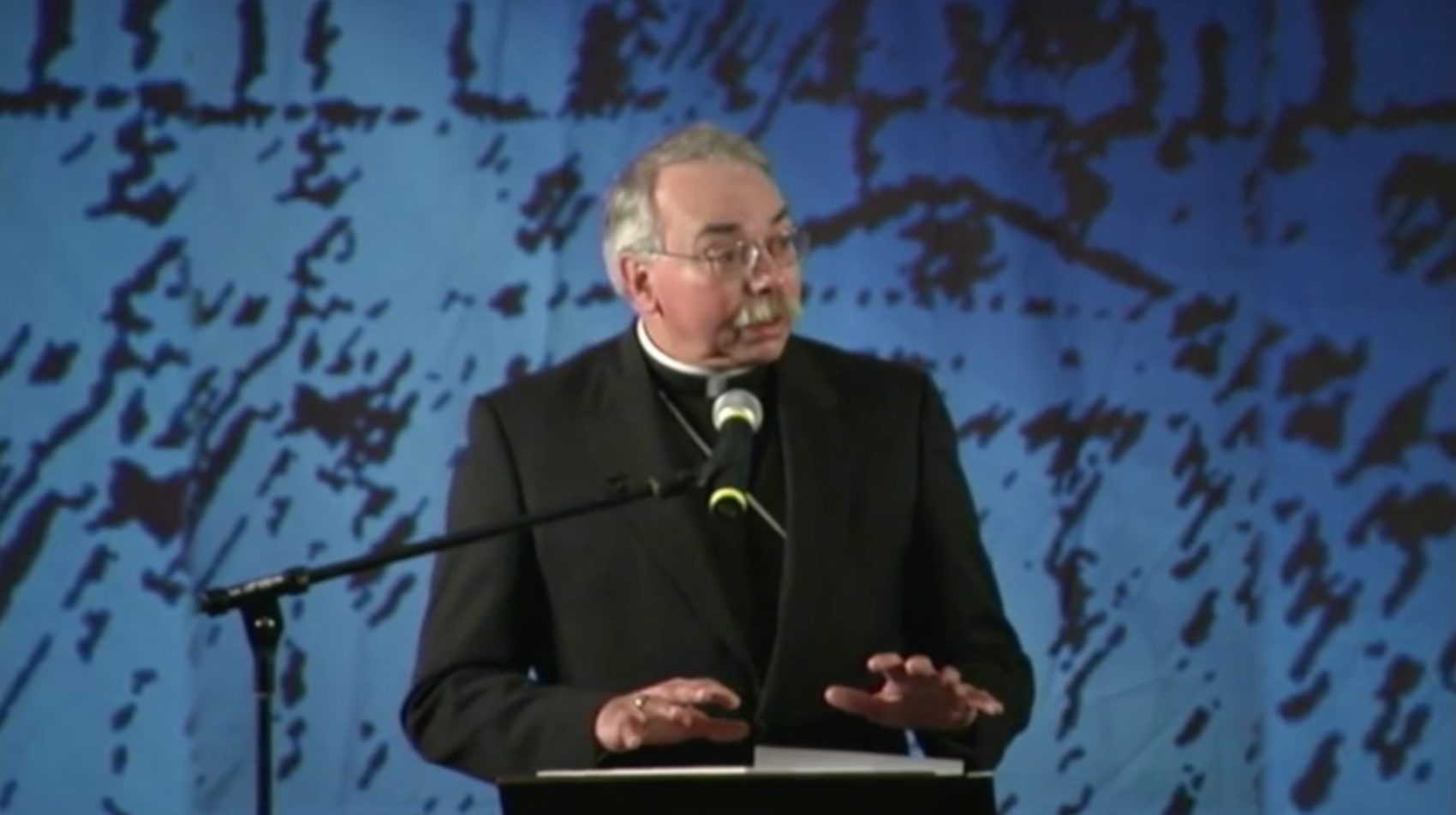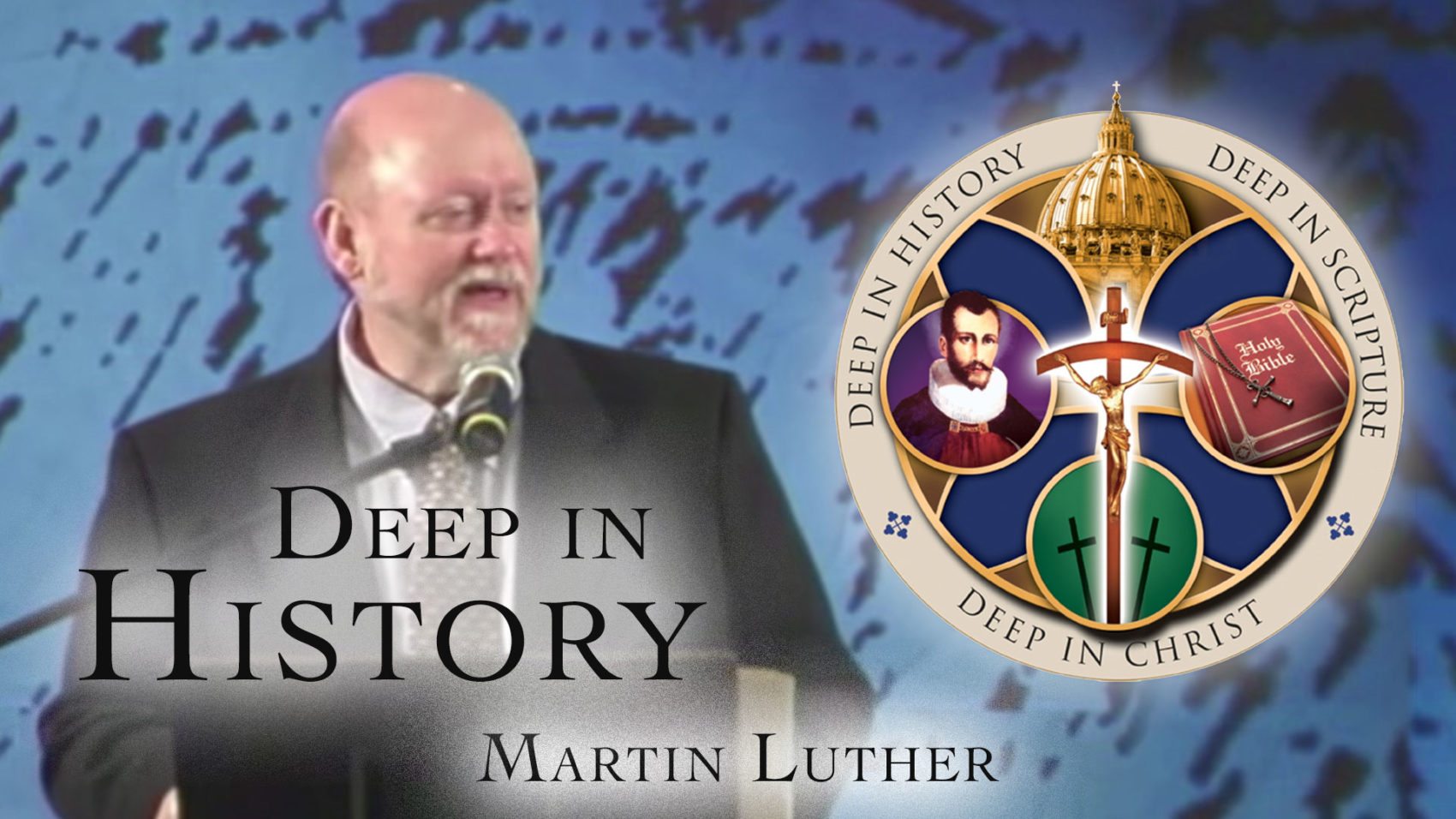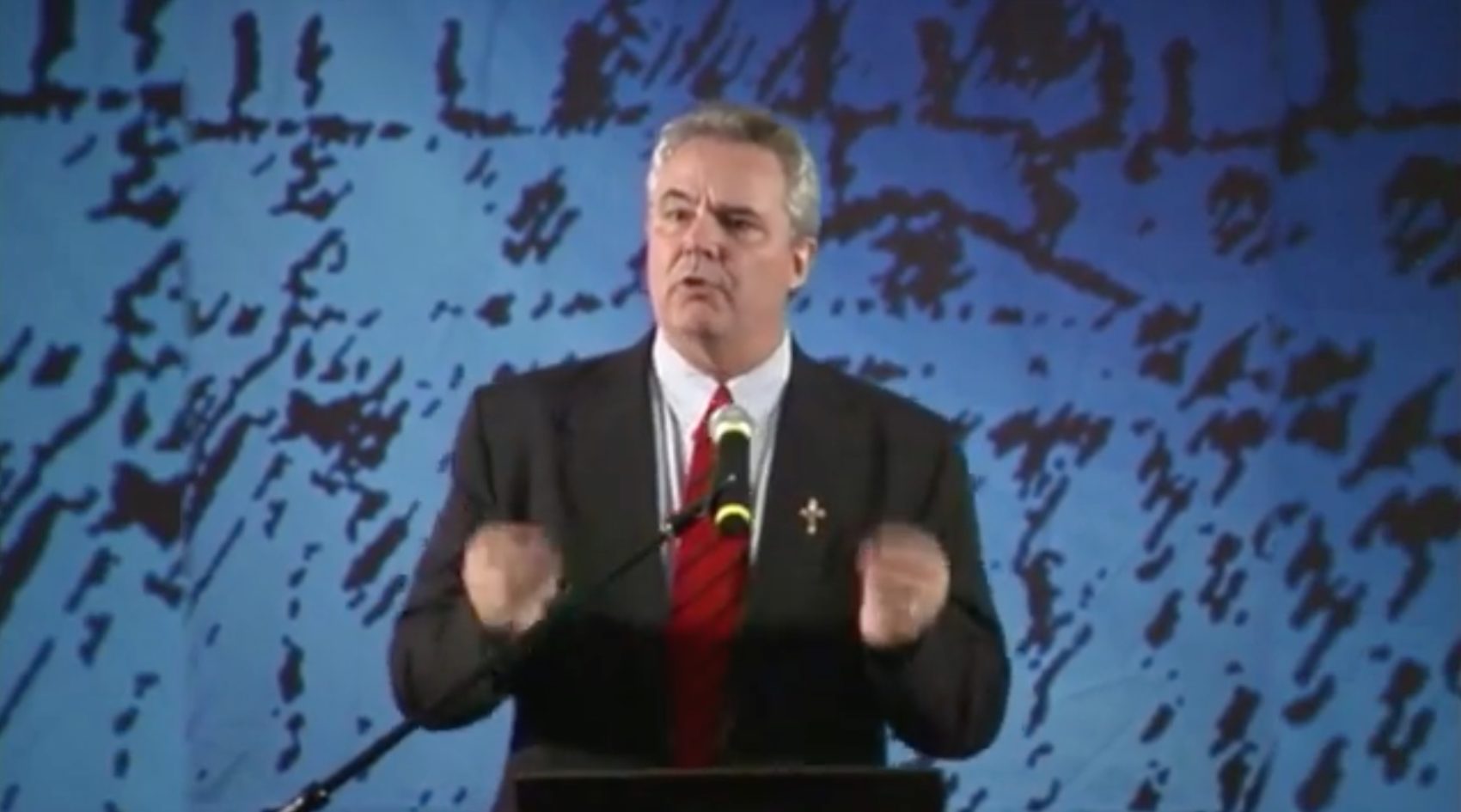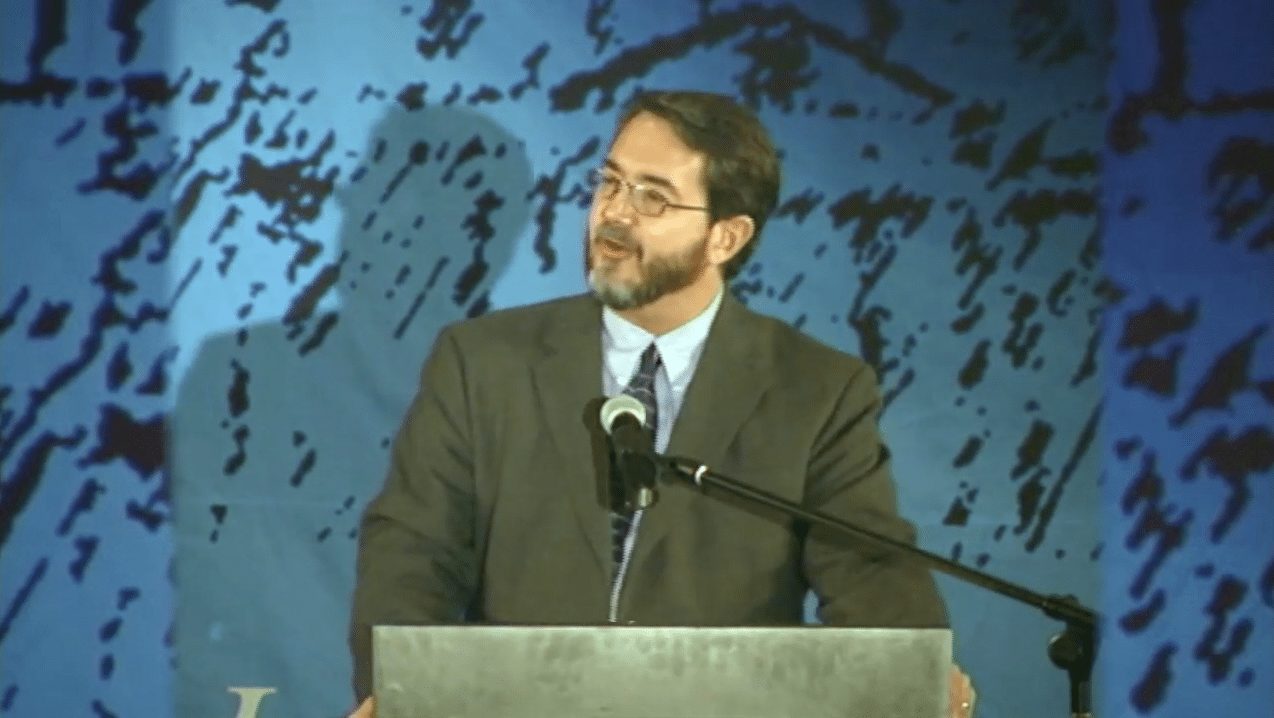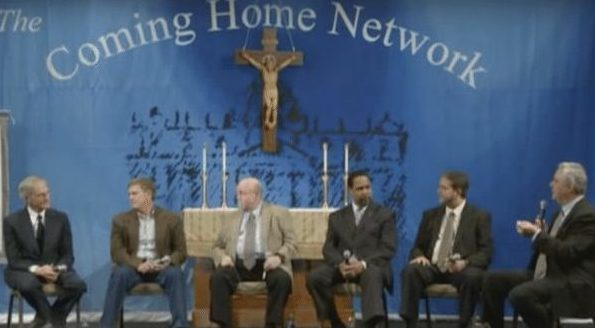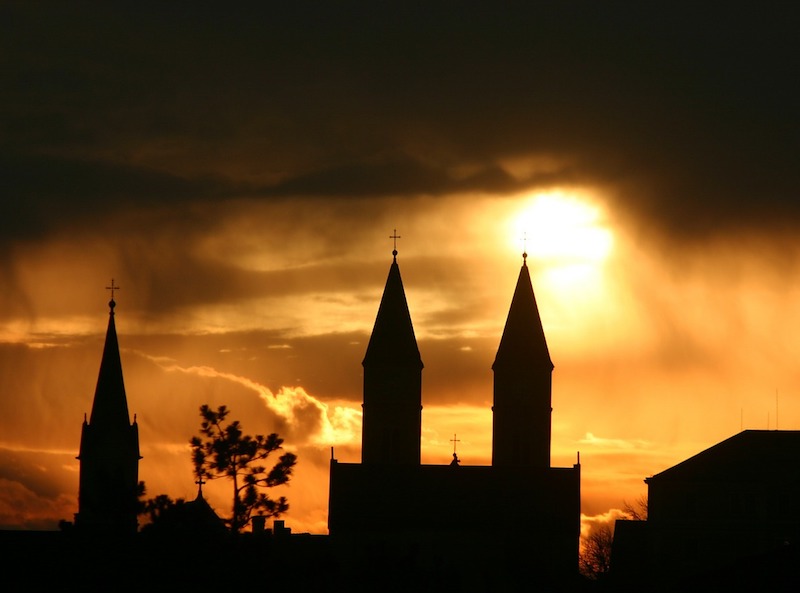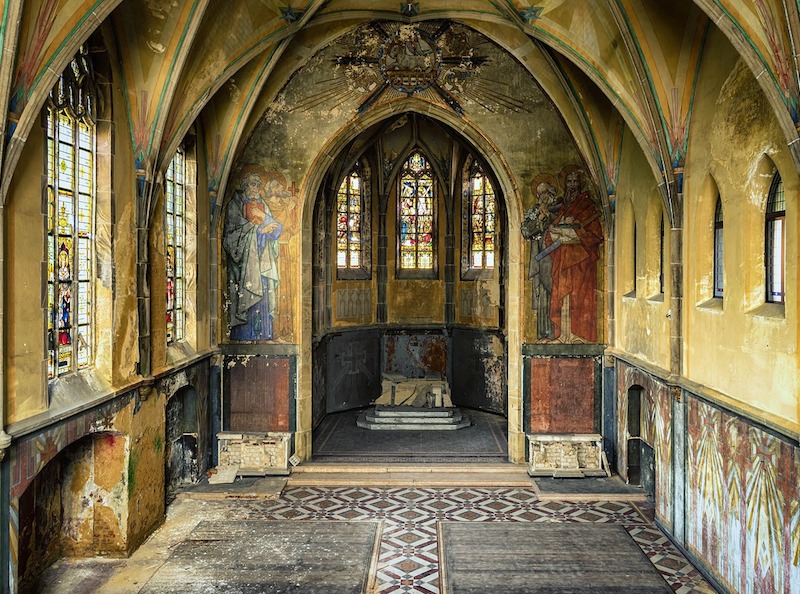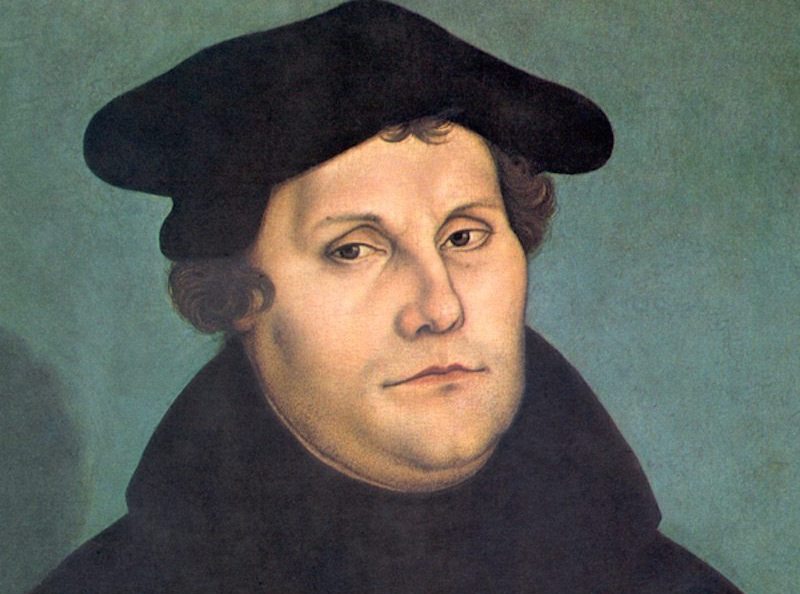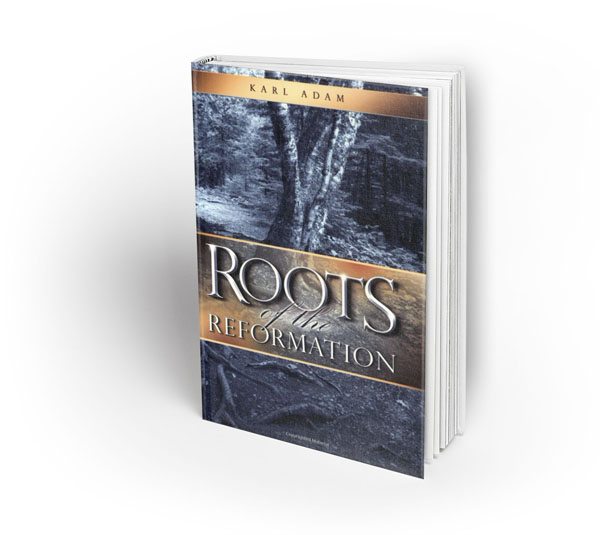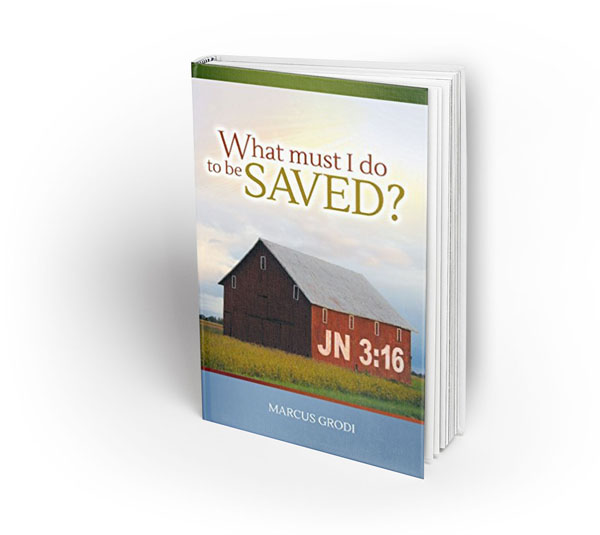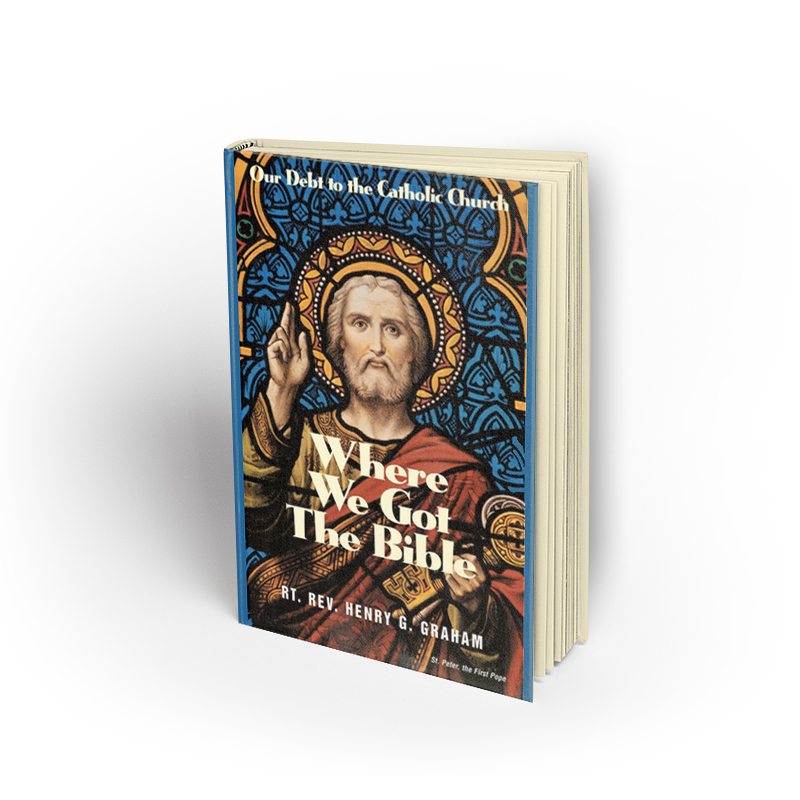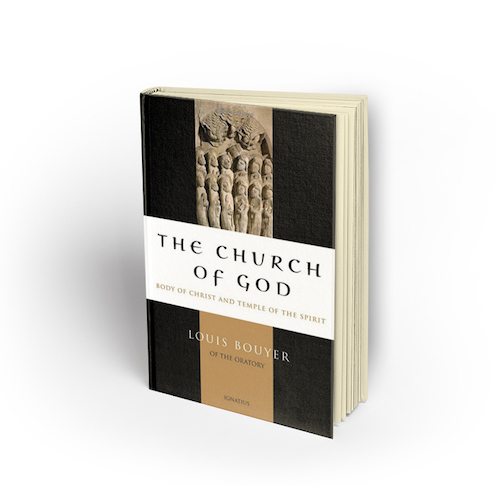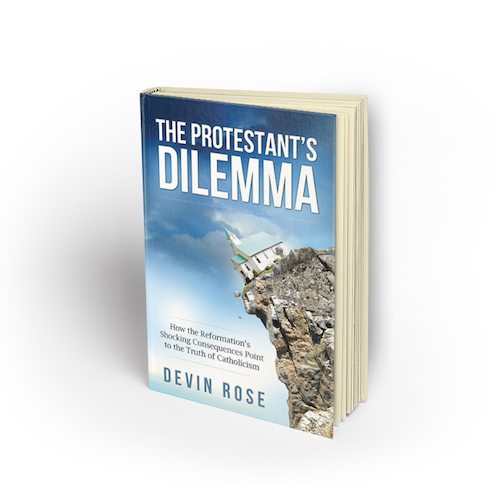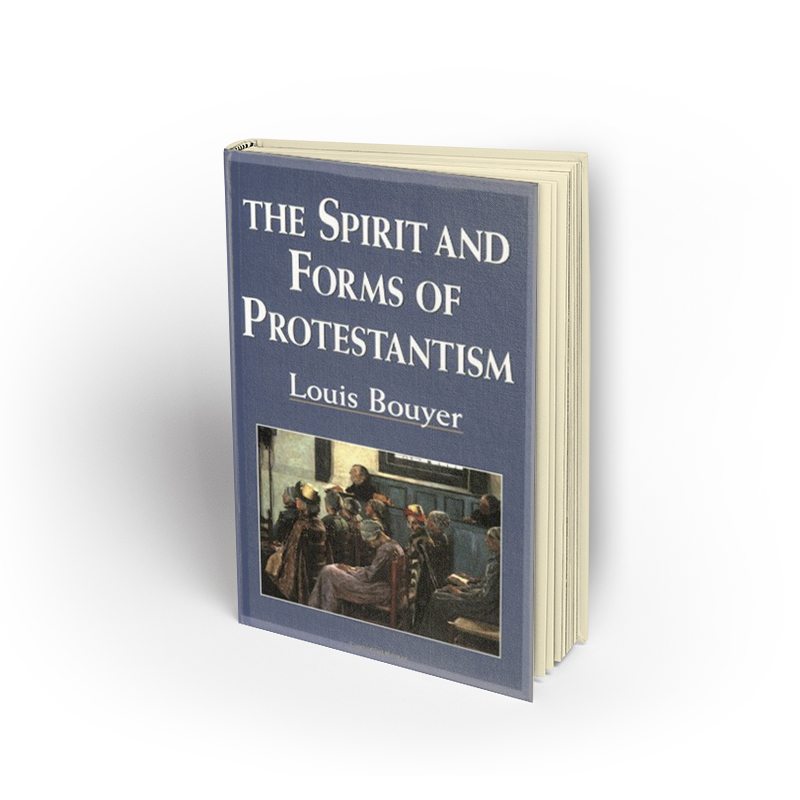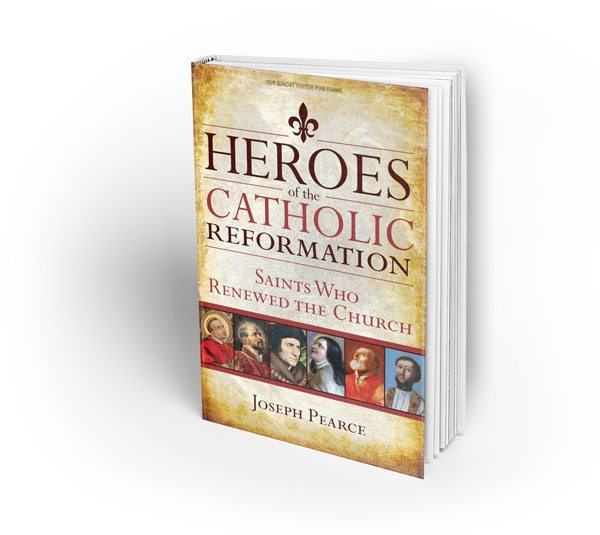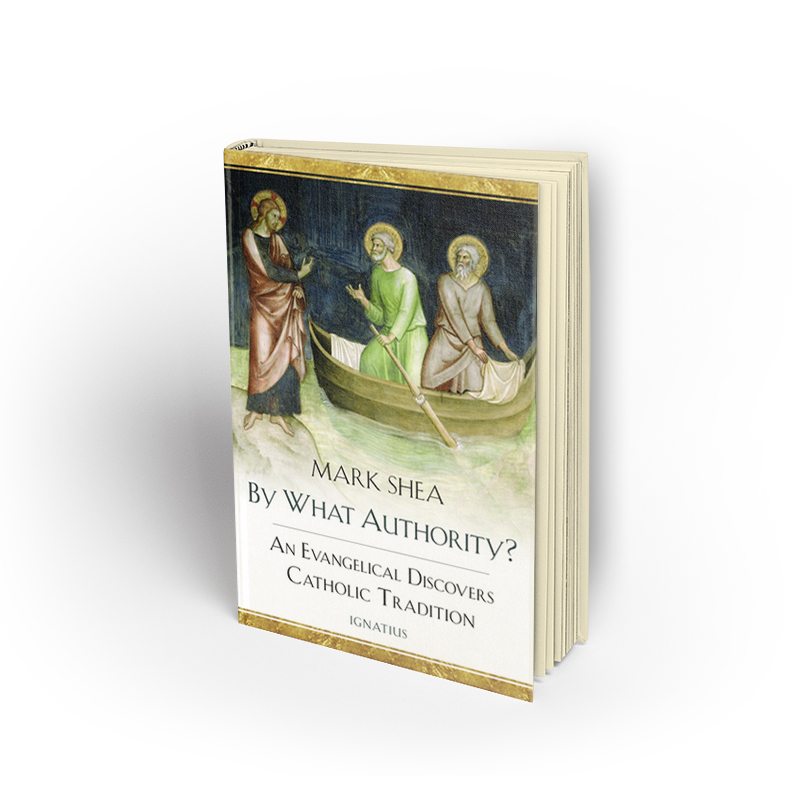Insights and Resources from the Coming Home Network on the Protestant Reformation
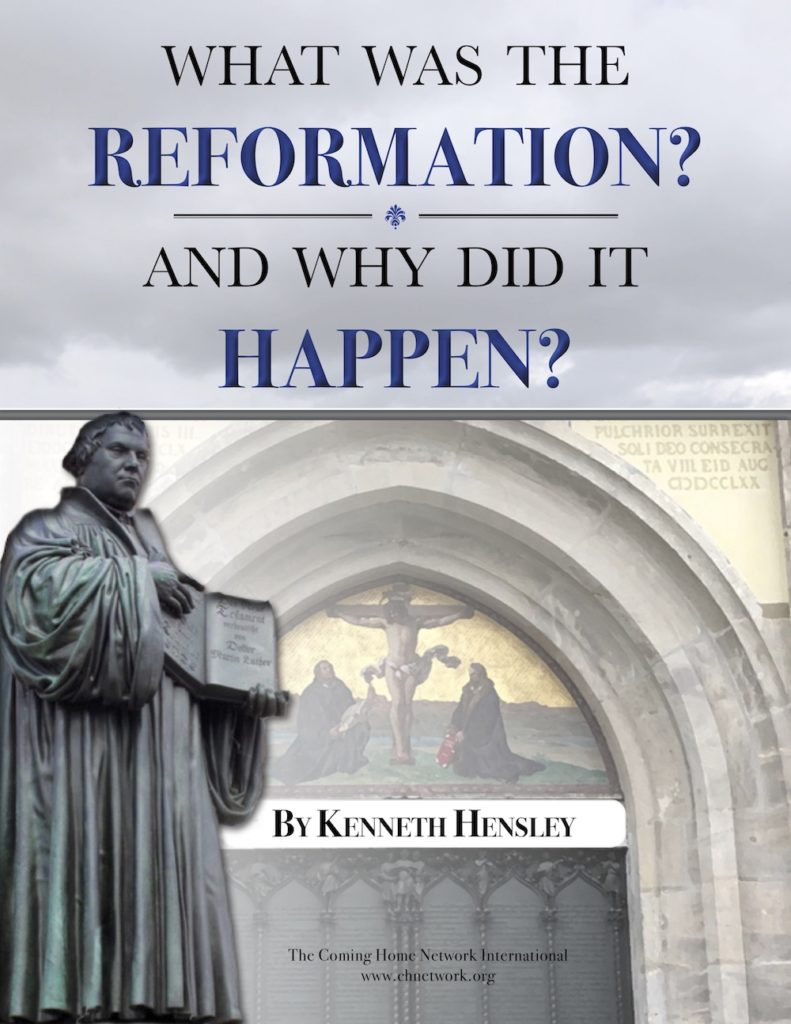
Free eBook Download
Subscribe to our email list and download “What Was the Reformation and Why Did It Happen?”.
"*" indicates required fields
L ooking back on now over 500 years since the Protestant Reformation, our thoughts here at the Coming Home Network move in a number of directions.
On the one hand, the Catechism of the Catholic Church reminds us that in the separation that took place in the 16th century between Catholics and Protestants, “men on both sides were to blame” and that we Catholics do not “charge with the sin of the separation those who at present are born into [Protestant] communities and in them are brought up in the faith of Christ.” Rather, we “accept them with respect and affection as brothers” (817-818).
At the same time, we’re reminded, as Peter Kreeft has written, that “the divisions that make the Church visibly many rather than one are scandalous and intolerable.” The divisions that exist within Christ’s Church are scandalous and intolerable because our Lord said that unity of heart and mind would be the most powerful evidence of the truth of its message.
“I in them and thou in me, that they may become perfectly one, so that the world may know that thou hast sent me and have loved them even as thou hast loved me”
(John 17:23).
In 1 Cor. 14:8 St. Paul writes, “If the trumpet does not sound a clear call, who will get ready for battle?” How many, we wonder, have turned from Christ because when they came looking, what they encountered was not one Church presenting one message — one clear trumpet call — but many churches presenting many messages. What they encountered was division, disagreement and confusion.
Our desire at the Coming Home Network is to provide you with solid resources for understanding the Reformation — what happened and why it happened — so that each of us might come closer to understanding the path to its healing.
I appeal to you, brothers, in the name of our Lord Jesus Christ, that all of you agree with one another so that there may be no divisions among you and that you may be perfectly united in mind and thought
1 Corinthians 1:10
Browse Resources
There are a great many solid resources for learning about the Catholic view of the Reformation. Here are some of our favorites.
Talks on the Reformation from the CHNetwork
Calvin and the Radical Reformation
Dr. Kenneth Howell
Recommended Articles
Recommended Books
Roots of the Reformation
by Karl Adam
Karl Adam gives a historically sensitive and accurate analysis of the Reformation that stands as a valid and sometimes unsettling challenge to the presuppositions of Protestants and Catholics alike.
What Must I Do to Be Saved?
Marcus Grodi
Do we need the Church, or is the “Jesus and me” theology of many modern Christians enough? This book argues, from the perspective of a biblical hermeneutic of continuity, that salvation has always involved more than this simplistic expression of modern individualism.
The Bible Alone?
edited by Marcus Grodi
The Bible Alone? presents a competing look at the biblical roots, historical precedent, and logic behind using only the Bible as an infallible source of truth. This book affirms the importance of Scripture as a divinely given foundation for our faith and also encourages the reader to consider the need for an authority established by Christ for its trustworthy interpretation.
Where We Got the Bible
by Henry Graham
In this remarkably powerful little book, Bishop Henry Graham explains how the Catholic Church compiled the sacred text, how medieval monks preserved it, and how Catholic scholars gave Christians the Bible in their own languages. Along the way, he refutes myths about Catholic opposition to Scripture. This is a must read.
The Church of God: Body of Christ and Temple of the Holy Spirit
by Fr. Louis Bouyer
Simply one of the best books on the Catholic doctrine of the Church you will ever read. A former Lutheran, Fr Bouyer looks at the Reformation views of the Church and focuses on how the Catholic Church has viewed itself throughout history and especially now after Vatican II.
The Protestant’s Dilemma
Devin Rose
This is really interesting and enlightening read. Devin Rose is a convert to Catholicism. In this book he compares and contrasts Catholicism and Protestantism by showing the implications of rejecting the Catholic view of the Church. It’s really good.
The Spirit and Forms of Protestantism
by Louis Bouyer
Bouyer is a former Lutheran who with this book has made an immensely important contribution to true interfaith discussion. In The Spirit and Forms of Protesantism, the author gives to us a generous and illuminating introduction to the genuine strengths of the Protestant movement. But then he also gives us a frank, charitable examination of Protestantism’s weaknesses. This is a wonderfully and profound work.
Heroes of the Catholic Reformation
by Joseph Pearce
The Protestant Reformation began five hundred years ago, accompanied by an age of turmoil and secularism we can recognize even in our own time. Rather than shrinking from the crisis, the Catholic Church responded with even deeper, and more genuine, reform, accomplished by many defenders of the Faith whom we now know as saints. Their holiness, courageous deeds, and sacrifices during this renewal of the Catholic Faith demonstrate the true heroism of saintly action and provide models for defending the faith in the modern world.
By What Authority? An Evangelical Discovers Catholic Tradition
by Mark Shea
This is great “first book” to read on this subject of Scripture and Tradition. In it apologist Mark Shea tells the story of his conversion from Evangelicalism to Catholicism, focusing precisely on the question of how we can know what we are to believe as Christians. Is it scripture alone? Or is the tradition of the also required?
Recommended Websites
Let's Journey Together
Get answers to your questions and fellowship for your journey home to the Catholic Church. Connect with the Coming Home Network today.
Join the Network

